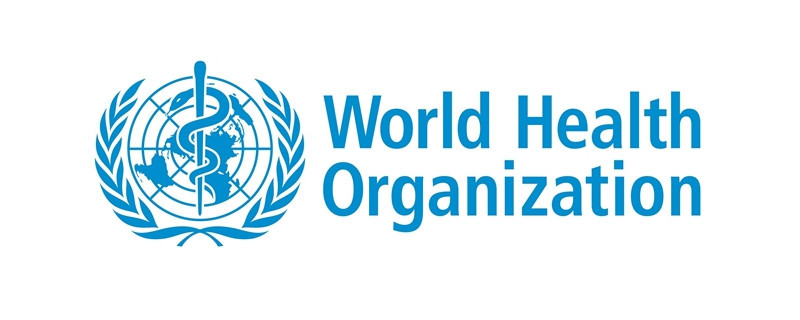The World Health Organisation (WHO) has urged governments of African countries to take effective measures that will help to mitigate the risk of a surge in infections due to the resumption of commercial flights and airport operations.
WHO, in a statement extended to Radio Tamazuj, said in the early days of the pandemic, 36 African countries closed their borders to international travel, eight suspended flights from countries with high COVID-19 transmission, and others had partial or no restrictions.
“While open borders are vital for the free flow of goods and people, initial analysis by WHO found that lockdowns along with public health measures reduced the spread of COVID-19,” it noted.
The UN agency, however, said even with border restrictions, imported cases have sometimes brought back COVID-19 to countries which had not reported cases for a length of time.
“Air travel is vital to the economic health of countries,” said Dr. Matshidiso Moeti, WHO Regional Director for Africa. “But as we take to the skies again, we cannot let our guard down. Our new normal still requires stringent measures to stem the spread of COVID-19.”
Meanwhile, WHO recommended that for international air travel to resume, countries should assess the epidemiological situation to determine whether maintaining restrictions outweighs the economic costs of reopening borders if, for instance, there is a widespread transmission of the virus.
“The resumption of commercial flights in Africa will facilitate the delivery of crucial supplies such as testing kits, personal protective equipment, and other essential health commodities to areas which need them most,” said Dr. Moeti. “It will also ensure that experts, who can support the response can finally get on the ground and work.”
According to the International Air Transport Association, African airlines could lose $ 6 billion of passenger revenue compared to 2019, and job losses in aviation and related industries could grow to 3.1 million, half of the region’s 6.2 million aviation-related employment.




